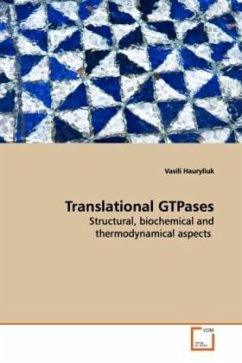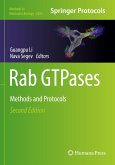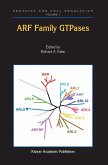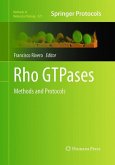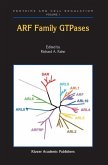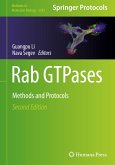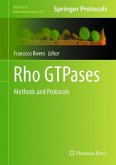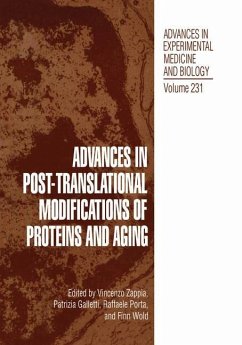Protein biosynthesis is a core process in all living
organisms. Assembly of the protein chain from
aminoacids is catalysed by the ribosome, an ancient
and extremely complex macromolecular machine. Several
different classes of accessory molecules are involved
in translation, and one set of them, called
translational GTPases (trGTPases) is the focus of
this work. These proteins oscillate between their
GTP- and GDP-bound states via regulated cycles of GTP
hydrolysis and exchange of GDP for GTP. The exchange
of GDP for GTP is accelerated by the GDP/GTP Exchange
Factor (GEF), while hydrolase activity of the GTPase
is stimulated by the GTPase-Activating Protein (GAP).
The conformation of the GTPase in complex with GTP
usually differs from that in complex with GDP, and
these structural changes serve as a signal for a
partner molecule, inducing changes in its conformation.
This book provides a comprehensive overview of the
state of the art in trGTPase research, touching upon
structural, biochemical and thermodynamical aspects
and would be a useful reference for anybody
interested in the mechanisms and regulation of
protein biosynthesis.
organisms. Assembly of the protein chain from
aminoacids is catalysed by the ribosome, an ancient
and extremely complex macromolecular machine. Several
different classes of accessory molecules are involved
in translation, and one set of them, called
translational GTPases (trGTPases) is the focus of
this work. These proteins oscillate between their
GTP- and GDP-bound states via regulated cycles of GTP
hydrolysis and exchange of GDP for GTP. The exchange
of GDP for GTP is accelerated by the GDP/GTP Exchange
Factor (GEF), while hydrolase activity of the GTPase
is stimulated by the GTPase-Activating Protein (GAP).
The conformation of the GTPase in complex with GTP
usually differs from that in complex with GDP, and
these structural changes serve as a signal for a
partner molecule, inducing changes in its conformation.
This book provides a comprehensive overview of the
state of the art in trGTPase research, touching upon
structural, biochemical and thermodynamical aspects
and would be a useful reference for anybody
interested in the mechanisms and regulation of
protein biosynthesis.

